
Yes, Mélenchon Really Will Win the Presidential Elections Next Year
"One conclusion is clear: Jean-Luc Mélenchon’s victory on 25 April 2027 is not only possible, it is the most plausible scenario."

"One conclusion is clear: Jean-Luc Mélenchon’s victory on 25 April 2027 is not only possible, it is the most plausible scenario."
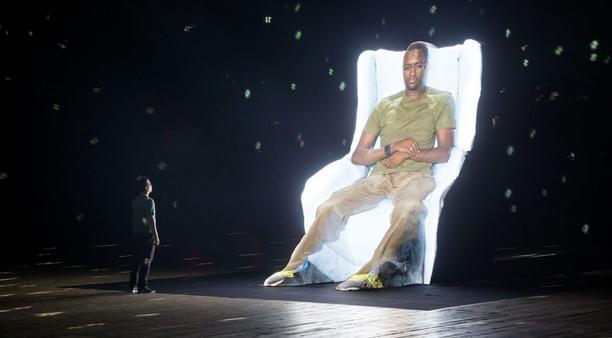
In this excerpt from The Problem of Personhood, Lisa Siraganian lays out the political and philosophical dilemmas at the core of contemporary personhood debates.
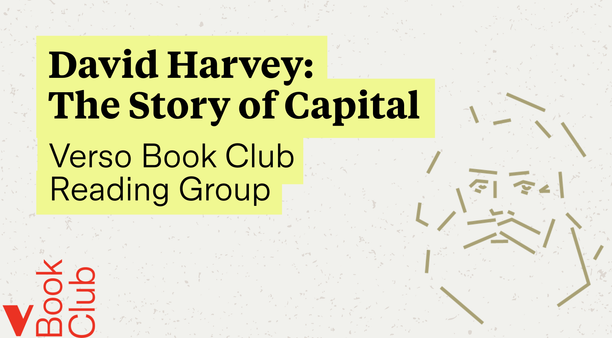
David Harvey will join the Verso Book Club Reading Group to guide us through Marx’s masterwork.
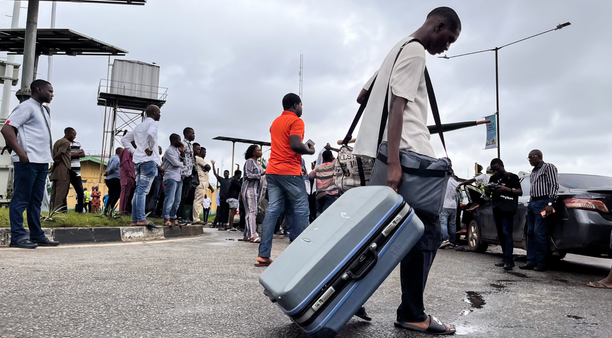
Writer and researcher Hadiza Abubakar Goro explores the structural conditions underpinning the subjectivity of Nigerian youth.
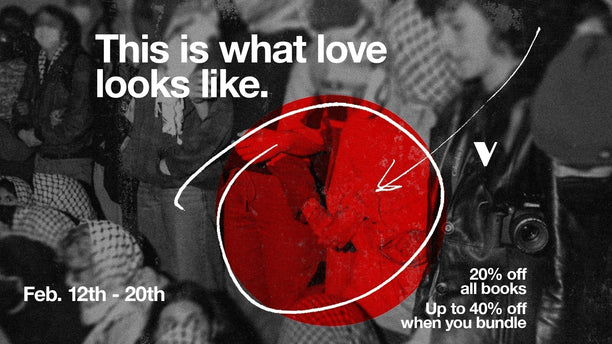
Now through February 20th, save up to 40% on all titles site-wide!
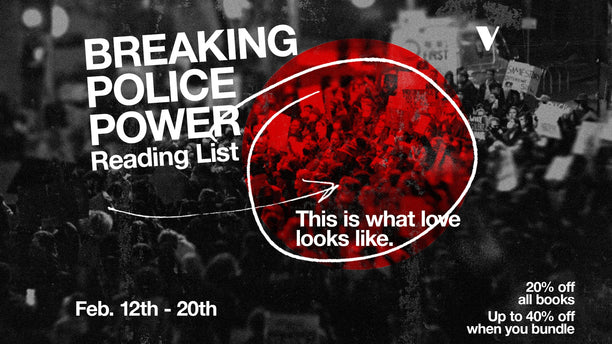
Featuring work from Ruth Wilson Gilmore, Alex S. Vitale, Miss Major Griffin-Gracy, and more! All up to 40% off until February 20th 11:59pm EST.
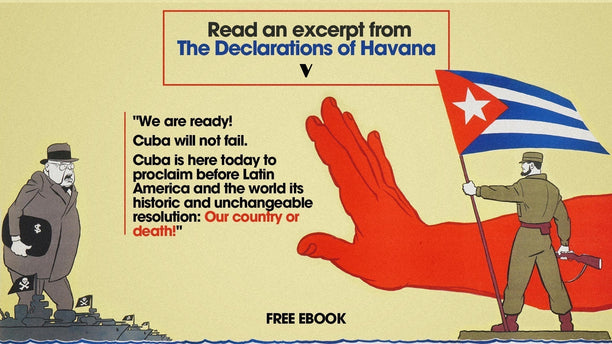
"The Assembly reaffirms its will to march 'with the whole world and not just a part of it'."
In response to the Trump administration’s escalation of the illegal blockade on Cuba, we've made the ebook for The Declarations of Havana free to download.
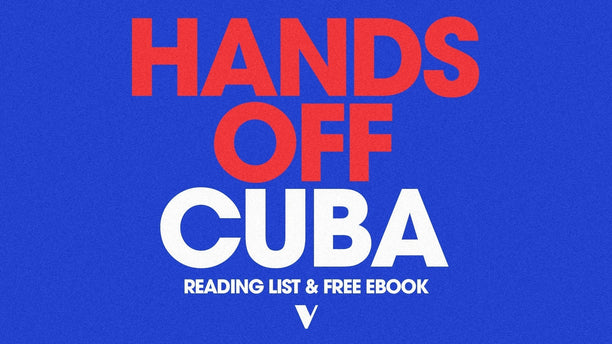
The Trump administration’s escalation of the illegal blockade on Cuba has forced the nation to ration food and fuel, triggering a humanitarian crisis. This is but the latest attempt by the U.S. to destroy Revolutionary Cuba. For more on that history, consider these titles.
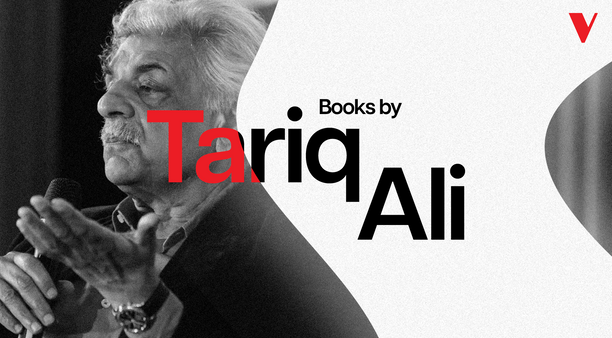
Featuring beautiful new editions of Tariq Ali's Islam Quintet.
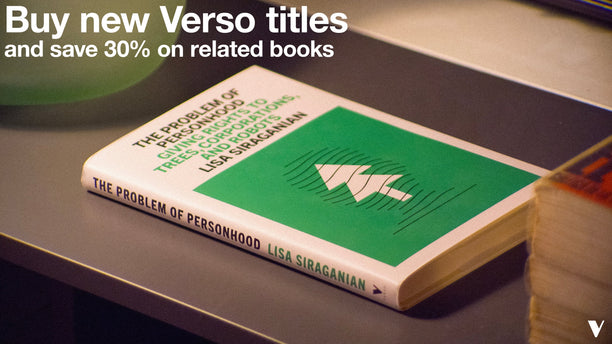
Buy one of our new titles and save 30% on related books from our catalogue!

Afshin Matin-Asgari, author of Axis of Empire: A History of Iran-US Relations, on Iran's decades-long political and social impasse.

In this new interview, Paul Heideman talks Trumpism and the Republican Party